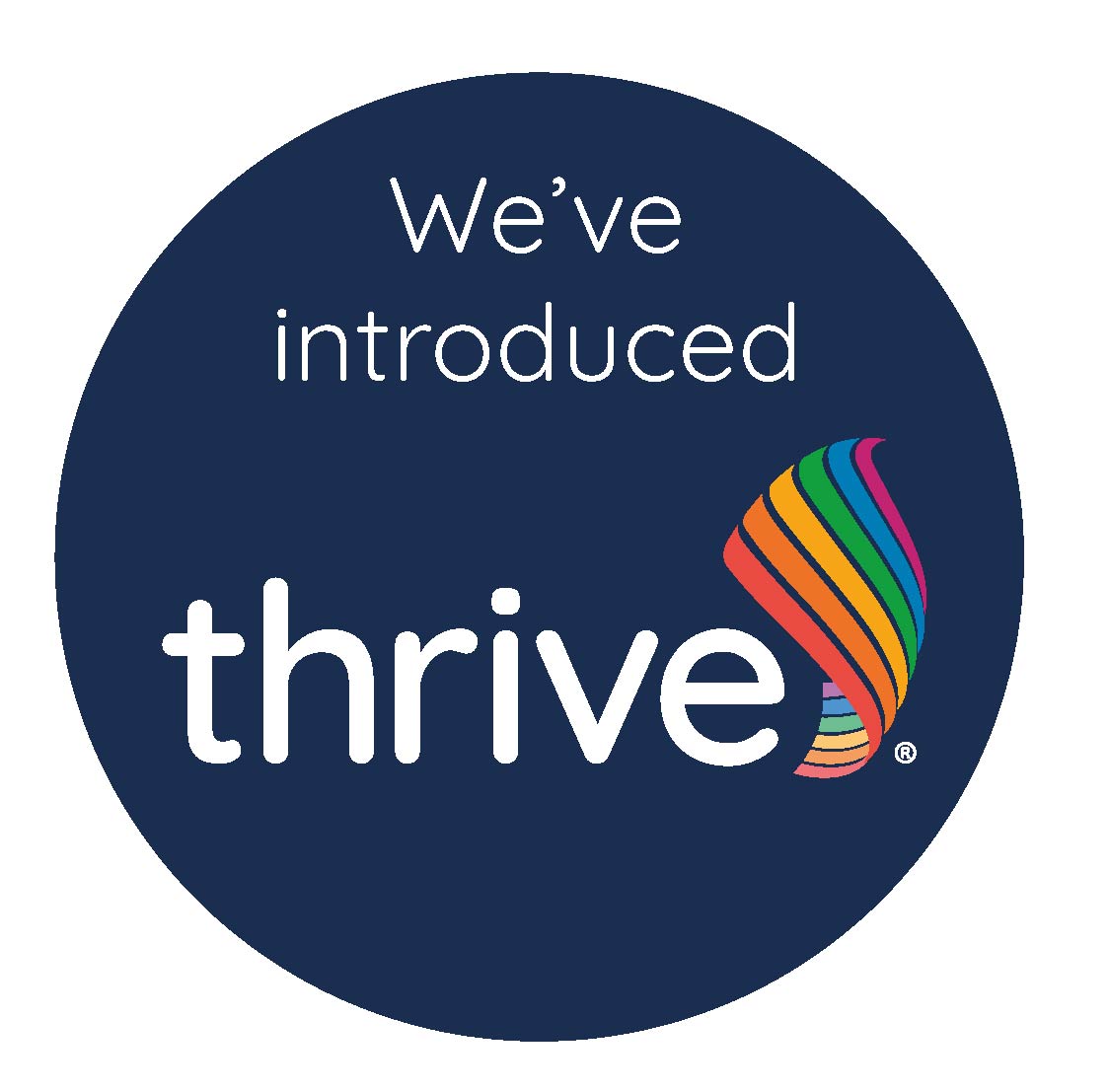NCFE Music Technology.
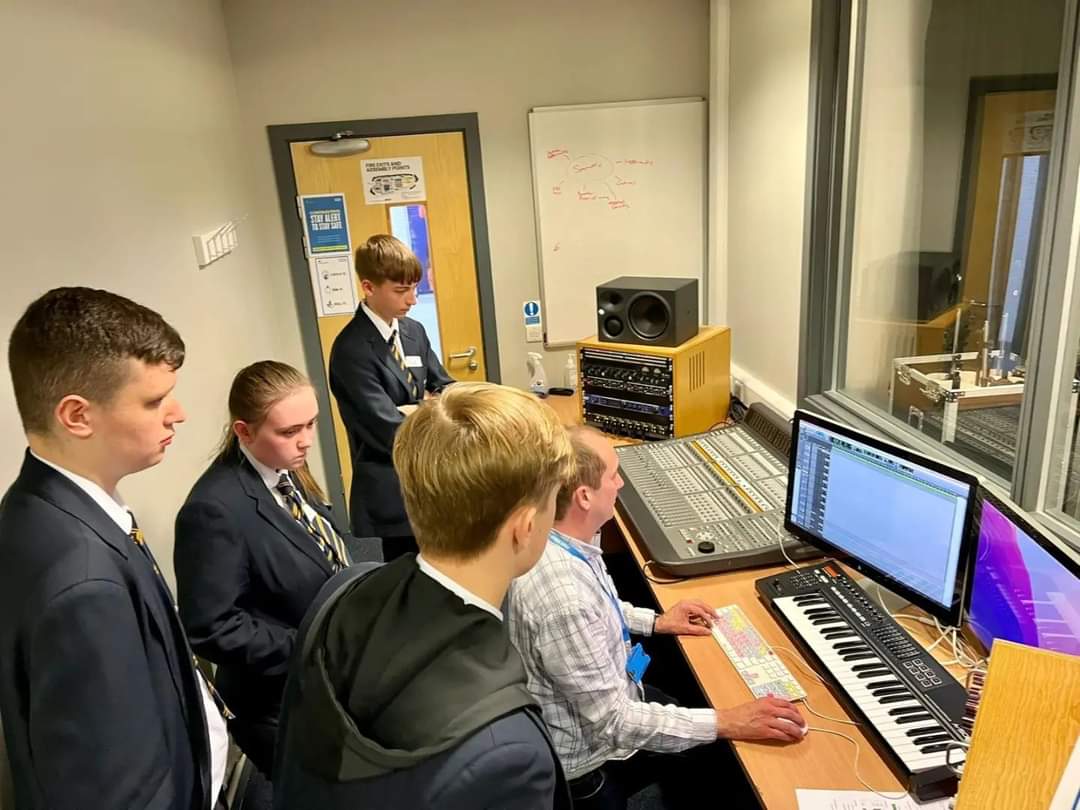
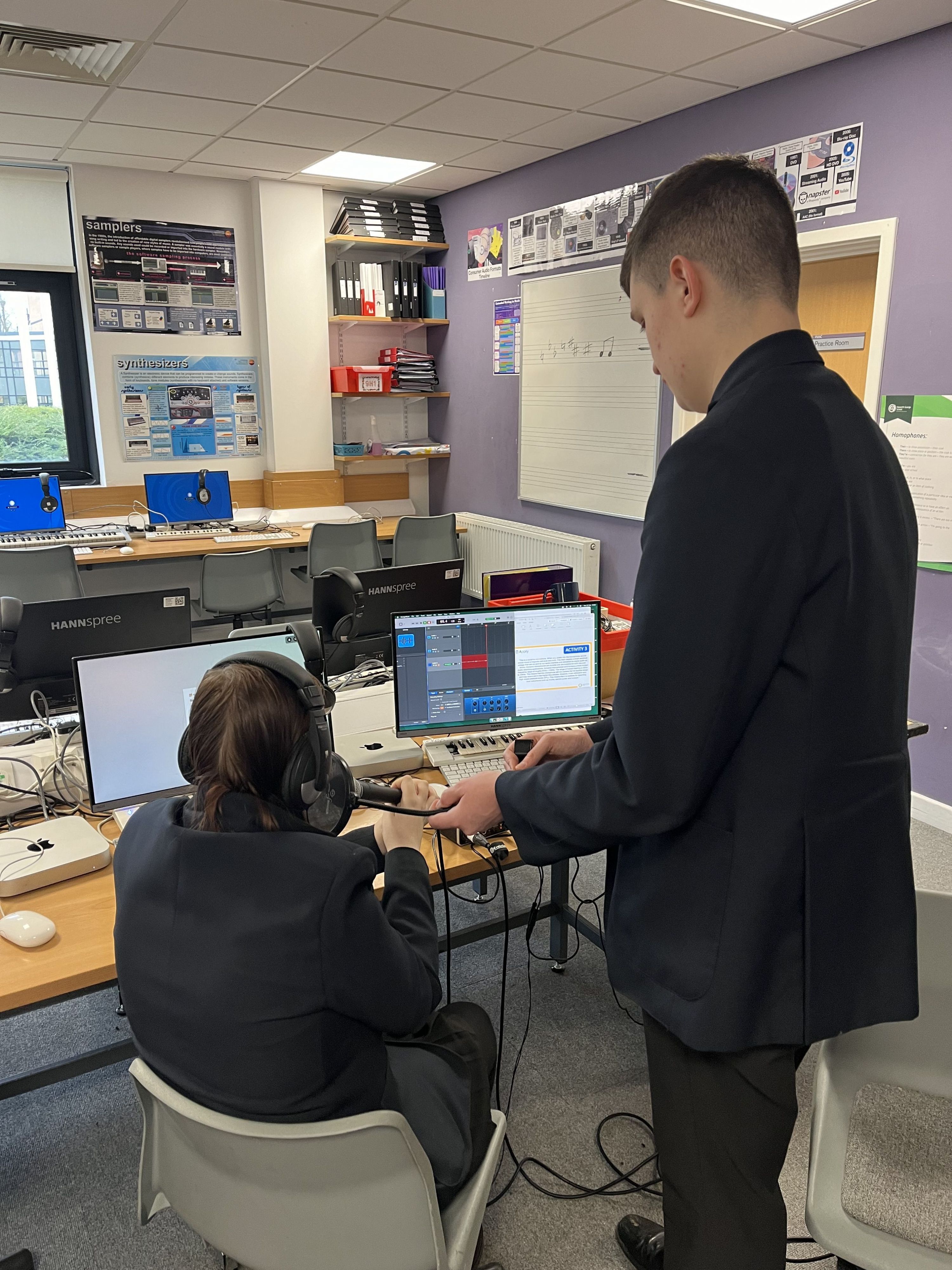
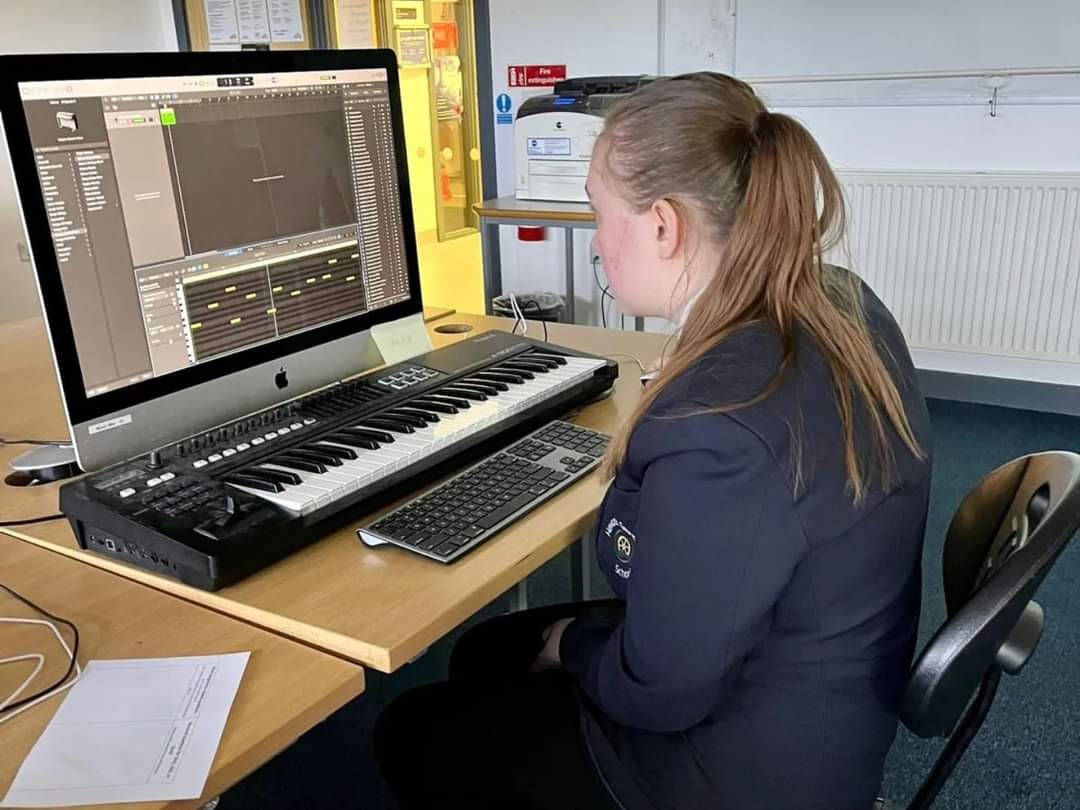
Curriculum Intent
Our curriculum vision applies to all our young people, regardless of background, gender, sexual orientation or ability.
Our young people will develop a life-long love of learning through our rich, broad and balanced Arts curriculum and expert delivery. The Arts reaches people in every stage of their life whether it is through music, art, dance, drama or film. It allows them to explore and express emotions, either by providing a mirror to their life or as an audience. We will endeavour to immerse the pupils in authentic, challenging and practical Arts experiences.
All students at Heworth Grange School are without exception entitled to a world class education that is holistic, ambitious and aspirational. The Arts offers windows into worlds and cultures that young people may otherwise never experience. We are committed to providing a curriculum that offers opportunities both within and beyond the classroom that allow pupils to explore and develop their talents and interests in the Arts.
It is vital that we prepare our young people so that they are empowered to become engaged positive and respectful citizens through a dedicated focus on professional development. The Arts encourage an environment where creativity, independent thinking, dedication and confidence are nurtured and supported and where students are comfortable to demonstrate passion and self-expression and be proud to share their work.
We are responsible for ensuring our young people are confident to pursue ambitious next steps in education, employment or training which will support their future careers. It is our continued aim to provide inspirational and aspirational experiences with “real world” Arts practitioners, enlightening young pupil to the vast array of career opportunities the Arts offers. Our curriculum is designed to allow pupils to benefit from the Arts regardless of their future career through opportunities to develop confidence and communication skills.
Knowledge and skills:
Through our KS3 curriculum we will allow pupils to access the music technology facilities for at least 1 topic per year. If they opt to study Music Technology at KS4 they will work towards achieving the following aims and objectives:
- Focus on the study of the music technology industry
- Offer breadth and depth of study, incorporating a key core of knowledge
- Provide opportunities to acquire a number of practical and technical skills
- Understand the place of music technology within the music business
- Understand hardware components and software functions of a digital audio workstation (DAW)
- Use DAW software to produce musical projects
- Understand how music is composed through the study and analysis of musical elements
- Analyse the developments in musical style enabled by technology
- Select and apply musical elements to create stylistically appropriate musical outcomes
- Use sound creation in different forms of media
- Apply sound creation to achieve an outcome
- Understand planning and undertake multitrack recording and mixing
- Use recording equipment to capture and store multitrack audio recordings
Curriculum Overview
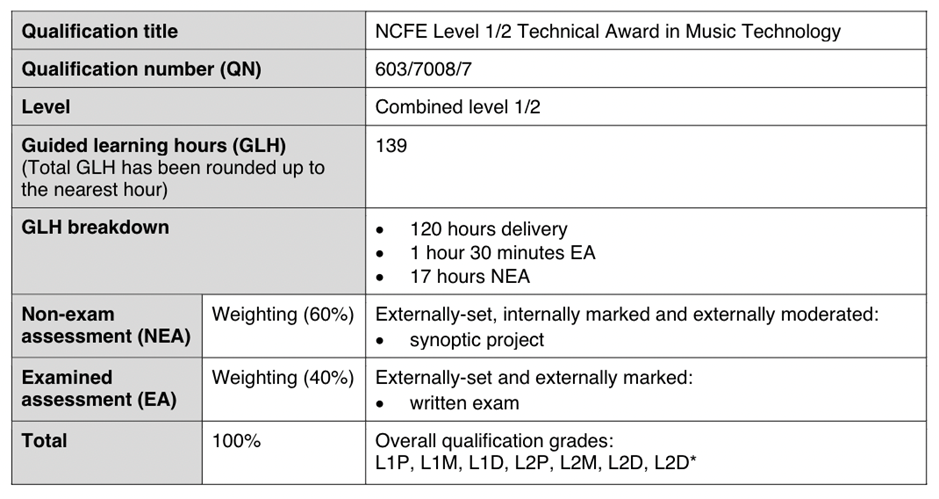
|
Year 10 NCFE Music Technology |
||
|
Term 1 |
Term 2 |
Term 3 |
|
Content Area 1: Introduction to music technology and the music business |
Content Area 2: The Digital Audio Workstation (DAW) |
Content Area 3: Musical elements, musical style and music technology |
|
Year 11 NCFE Music Technology |
||
|
Term 1 |
Term 2 |
Term 3 |
|
Content Area 4: Sound Creation |
Content Area 5: Multitrack recording |
Exam preparation |
To achieve a level 2 distinction, learners will be able to:
- Recall and apply highly relevant knowledge and understanding in a and highly comprehensive manner regarding music technology processes, procedures, techniques and factors that influence the development of audio
- Analyse and evaluate, to make reasoned judgements and reach well-supported conclusions regarding the application of processes, procedures and techniques used in realising finished audio
- Effectively demonstrate highly relevant vocational skills, processes, working practices and documentation relevant to the sector when assessing holistic development against deadlines, using the planning cycle, and when planning highly relevant and effective processes, procedures and development activities and in creating and completing procedures
- Critically analyse and evaluate their own demonstration of relevant vocational skills, processes, working practices and documentation relevant to the sector when reflecting on the effectiveness of processes, procedures and techniques that they have used in realising audio solutions in a highly comprehensive manner
To achieve a level 2 pass, learners will be able to:
- Recall and apply mostly relevant knowledge and understanding in a mostly detailed manner regarding music technology processes, procedures, techniques and factors that influence the development of audio
- Analyse and evaluate to make mostly reasoned judgements and reach coherent conclusions regarding the application of processes, procedures and techniques used in realising finished audio
- Effectively demonstrate mostly relevant vocational skills, processes, working practices and documentation relevant to the sector, when assessing holistic development against deadlines, using the planning cycle, and when planning mostly relevant and effective processes, procedures and development activities and in creating and completing procedures
- Analyse and evaluate their own demonstration of relevant vocational skills; processes, working practices and documentation relevant to the sector when reflecting on the effectiveness of processes, procedures, and techniques that they have used in realising audio solutions in a mostly detailed manner
To achieve a level 1 pass, learners will be able to:
- Recall and application of some knowledge and understanding, is limited but has some relevance and some detail of music technology processes, procedures, techniques and factors that influence the development of audio
- Analyse and evaluate, to make adequate judgements, with some reasoning and reach straightforward conclusions regarding the application of processes, procedures and techniques used in realising audio
- Safely and effectively demonstrate a reasonable level of skills, processes, working practices and documentation relevant to the sector, when assessing holistic development against deadlines, using the planning cycle, and when planning reasonable relevant and effective processes, procedures and development activities, and in creating and completing procedures
- Analyse and evaluate their own demonstration of relevant vocational skills, processes, working practices and documentation, when reflecting on the effectiveness of processes, procedures and techniques that they have used in realising audio solutions, and is completed in a reasonable, straightforward manner, with some detail.
NCFE Level 1/2 Technical Award in Tech Award in Music Technology
Click on the document at the bottom of this page to view an easy-read version of the image below.
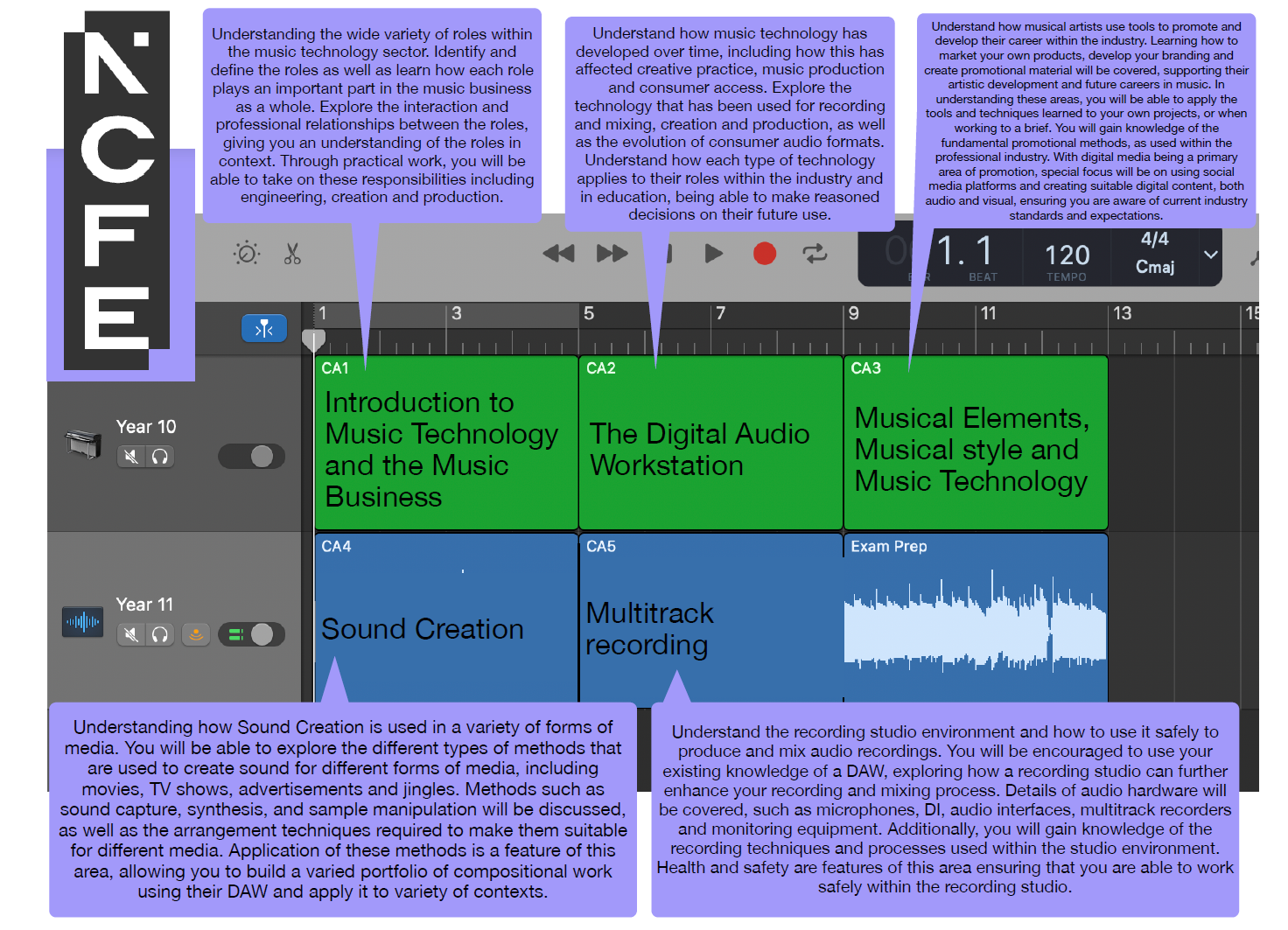
Overview
This course is for anyone who enjoys the technical aspect of music rather than playing instruments and performing. If you enjoy creating music on Garageband and would like to know how to use a recording studio then this is the course for you. However, this is not a purely technical course. You will also develop your creativity and listening skills – both of which are essential for good music technologists.
Course Content
Year 10
Content Area 1: Introduction to music technology and the music business
- 1.1 Introduction to music technology and the music business
- 1.1.1 Roles and responsibilities
- 1.2 Development of music technology
- 1.3 Music business
- 1.3.1 Marketing
- 1.3.2 Promotion
- 1.3.3 Selling and distributing music
Content Area 2 -The digital audio workstation (DAW)
- 2.1 The digital audio workstation(DAW)
- 2.1.1 Hardware components
- 2.1.2 Software functions
- 2.2 Using DAW software functions
- 2.2.1 Creating audio using a DAW
- 2.2.2 Health and safety
Content Area 3 - Musical elements, musical style and music technology
- 3.1 Musical elements
- 3.1.1 Structural sections
- 3.1.2 Form
- 3.1.3 Melody
- 3.1.4 Harmony
- 3.1.5 Rhythm
- 3.1.6 Instrumentation
- 3.2 Musical styles
- 3.2.1 Musical elements and styles
- 3.2.2 Musical styles and technologies4
Year 11
Content Area 4 - Sound creation
- 4.1 Sound creation
- 4.1.1 Forms of media
- 4.1.2 Types of sound creation
- 4.1.3 Methods of sound creation
- 4.1.4 Arranging sounds
- 4.1.5 Exporting sound creation
Content Area 5 - Multitrack recording
- 5.1 Multitrack recording
- 5.1.1 Equipment in the recording studio
- 5.1.2 Health and safety in the recording studio
- 5.2 Multitrack recording sessions
- 5.2.1 Planning multitrack recording sessions
- 5.2.2 Multitrack recordings
- 5.2.3 Mixing
- 5.3 Stereo mixdowns
Additional Information & Who to Contact
Click here to view the NCFE Music Technology Specification
Click on the penguin below for Quizlet
If you require any further information or have any questions, then please contact Mrs Anderson on heworthgrangeenquiries@consilium-at.com





